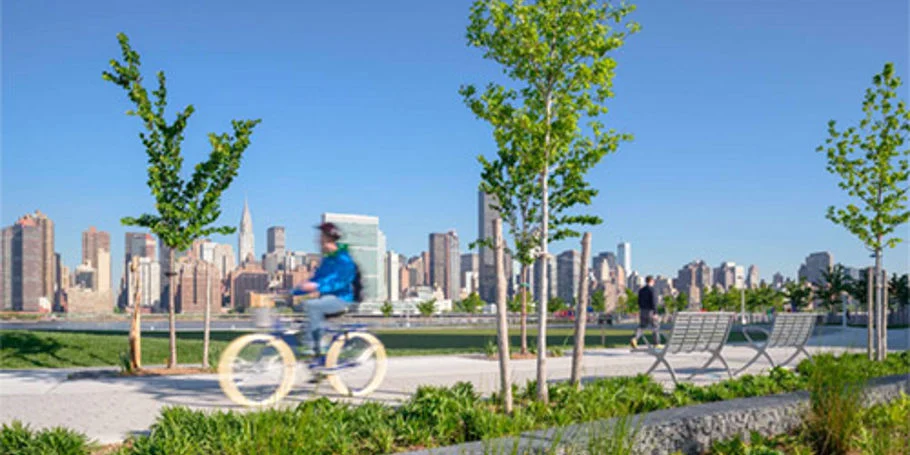Shaping a bio-based domestic construction industry for Bhutan
Regenerative Construction Industry Vision

What we delivered
-
Vision for a regenerative, bio-based domestic construction industry aligned with Bhutanese culture and available natural resources
-
Multi-year applied research programme on regenerative building value chains and techniques
-
Comprehensive engineering support for a six-storey mass timber building pilot project
Get in touch with our team
Nestled in the Himalayas, Bhutan is renowned for its pristine landscapes, unique culture and traditions. It is 70% covered by carbon-sequestering forests and boasts extensive natural resources and diverse renewable energy sources. Rapid urbanisation has led to growing demand for housing and infrastructure, triggering significant imports of carbon intensive construction materials.
To enable sustainable economic growth and the development of vital infrastructure, the Royal Government of Bhutan appointed Arup and renowned international partners to research and envision a transformation of the nation’s construction sector with the goal of creating a domestic, bio-based industry.
Adopting a regenerative approach, we seek to preserve the country’s relationship with nature through the adoption of locally and responsibly-sourced timber and bio-based materials, while building local capability and protecting Bhutan’s rich cultural heritage.
By implementing this radical whole system change, Bhutan can reduce its carbon emissions and foster more sustainable social economic development, providing quality skills-based employment and aligning with the four pillars of its Gross National Happiness index: good governance; sustainable socio-economic development; preservation and promotion of culture; and environmental conservation.
Collaboration to develop local skills to deliver regenerative construction
Partnership and knowledge exchange underpin this project to cultivate local design and construction expertise. Arup has worked with Gray Organschi Architecture, KCM Enterprises Inc and a consortium of engineers and architects from Bhutan’s public and private sectors to assess the feasibility of, and co-create strategies for, the systemic transformation of the country’s building sector. Critical to this, the vision includes the sustainable management of the country’s forests.
Collaborating closely with international experts and Bhutanese ministries, industries and universities, our design and research specialists are working to build capability and harness existing skillsets, to create a regenerative, bio-based domestic construction industry and building typologies that are region-specific, unique and responsive to Bhutan’s people and culture.

Partnership and knowledge exchange are at the heart of this project
Innovation and research
Arup has adopted an applied research approach to this project, exploring the most suitable materials, methodologies and systems for best in class building design.
We have co-authored a multi-year applied research programme, as part of which high-impact pilot projects are envisaged to act as replicable prototypes to demonstrate regenerative building value chains and techniques. These breakthrough projects will be developed by local design and engineering professionals and explore the use of responsibly harvested biomaterials.
Director Tashi Penjor
Ministry of Infrastructure and Transport
Embracing sustainable, resilient design: a testbed for mass timber
The Royal Government of Bhutan has granted approval for the inaugural pilot project within the broader regenerative construction industry initiative – the Norzin Lam Pilot Project in Thimphu.
Arup’s multidisciplinary team provided comprehensive engineering support for this six-storey mass timber building, enriching local expertise with good international industry practice and the latest research including the principles of structural and mechanical engineering, acoustics and fire engineering. To bridge the gaps in local codes and standards, our specialists have advised on how to adapt and apply relevant international standards to form a basis of design for multi-storey mass timber buildings, accounting for materials and fire engineering. We have also supported in identifying focused areas requiring local investment to deliver the project.

Recommendations include investment into areas such as best forest management practice, enhancing timber manufacturing processes and capabilities, seismic design, fire safety approaches and construction quality

The Norzin Lam Pilot Project will demonstrate how the use of a material systems approach combined with good international industry practices can produce high-performance, environmentally responsible buildings. Photo credit: Gray Organschi Architecture
Advising on the Norzin Lam Pilot Project
Having overseen the initial geotechnical investigation and led the early design phases, Arup has transitioned to an advisory role to support the later design phases.
Maximising the use of locally sourced construction materials, the use of nail laminated timber flooring and a glulam post and beam structure seek to significantly reduce the embodied carbon of the structure. A reinforced concrete diaphragm and core walls enhance its seismic resilience in the highly active Himalayan region. Passive design strategies have been adopted to minimise the need for mechanical cooling to maintain a comfortable interior temperature while Arup’s lighting and acoustic specialists have informed the design to ensure a high-quality internal environment.
With design of the pilot project largely completed, Arup has begun work on the next step – to develop a business investment case for the creation of a domestic mass timber manufacturing facility in Bhutan. This work will consider the full supply chain from forest to site and provide skilled jobs for the local community.
Bauhaus Earth / Climate Smart Forest Economy Program / Gerald Eve / Gray Organschi Architecture / KCM Enterprises Inc / Ministry of Infrastructure and Transport / Royal Government of Bhutan / Xilva
Projects
Explore more climate & sustainability projects

Promoting climate resilient flood defence and development through nature-based solutions
Lower Darent Riverside Strategy, United Kingdom

Wetland habitat restoration at a landscape scale
Great North Fen – Restoring the Durham Carrs, United Kingdom

Auckland’s first urban heat assessment guides climate adaptation planning
Auckland Urban Heat Assessment, New Zealand

Supporting Network Rail’s transformation to meet the challenges of climate change
Weather resilience and drainage asset management transformation, United Kingdom
Get in touch with us
If you'd like to speak to one of our climate experts about any of the issues raised on this page or a potential collaboration then please get in touch by completing the form.

